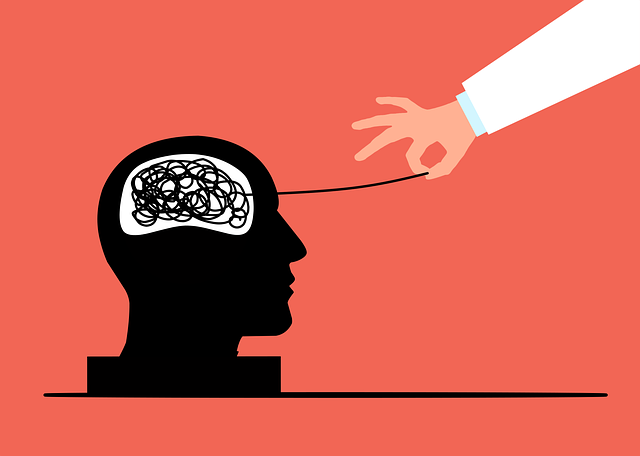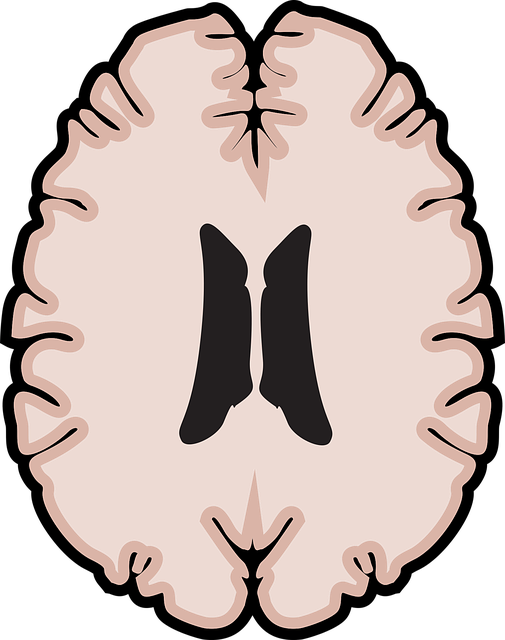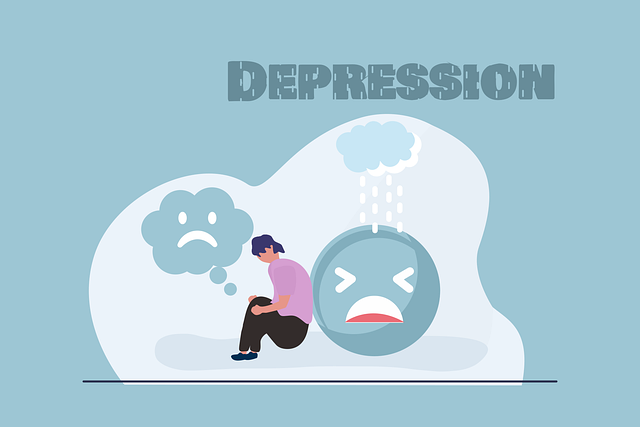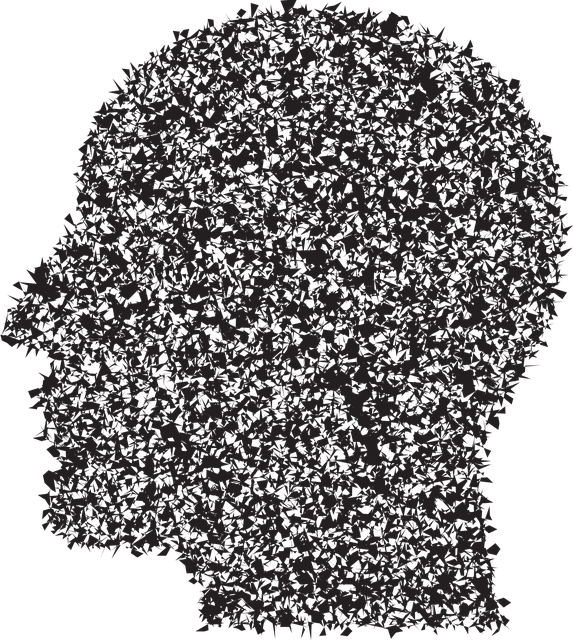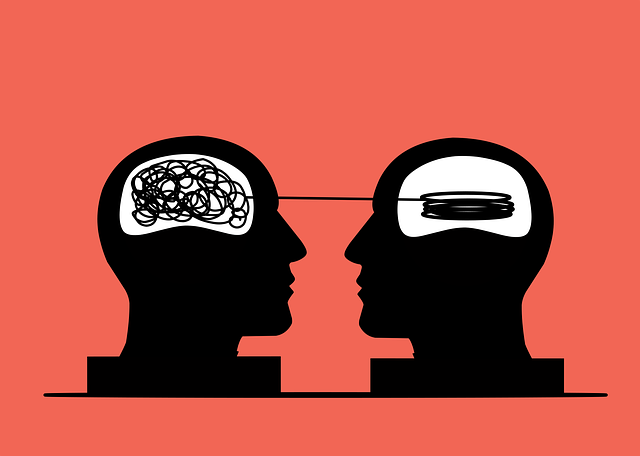Mental health issues in older adults often go unnoticed, but aging brings unique challenges like disorders related to retirement and loss. Addressing these concerns is vital. Tailored therapy, sensitive to cultural needs, plays a critical role. Burnout prevention and effective communication are key tools for healthcare providers. Media representation of mental illness perpetuates harmful stereotypes, missing nuance and leading to stigma among elders. A shift towards realistic portrayals encouraging empathy, understanding, and early interventions is needed. Integrating evidence-based therapy into storytelling can normalize therapy and promote self-care routines. Focusing on major life transitions during production fosters healthier coping skills.
Mental illness representation in media greatly influences public perception, especially regarding elderly populations. This article delves into the complex interplay between mental health challenges and aging, exploring how media’s current portrayal often falls short. We examine the impact of stereotypes and lack of diverse narratives on understanding and support systems for seniors. Furthermore, it presents proactive solutions, emphasizing the role of therapy in crafting positive portrayals during major life transitions for elders, fostering a more empathetic society.
- Understanding Mental Health Challenges in Elderly Populations
- The Current State of Media Representation and Its Impact
- Proactive Solutions: Incorporating Therapy for Positive Portrayals
Understanding Mental Health Challenges in Elderly Populations

Mental health issues among the elderly are often overlooked, yet this demographic faces unique challenges that can lead to a range of disorders. As our population ages, understanding and addressing these mental health concerns have become increasingly vital. The aging process itself can bring about significant life transitions, such as retirement, loss of loved ones, and changing roles within the family, which may contribute to feelings of isolation, depression, or anxiety. Recognizing these transitional phases as potential triggers for mental health issues is crucial.
Therapy tailored for elders plays a critical role in managing and overcoming these challenges. Effective treatment strategies should consider cultural sensitivity in mental healthcare practice, ensuring that services are accessible and cater to the specific needs of older adults. Additionally, burnout prevention and communication strategies are essential tools for healthcare providers to offer continuous support during major life transitions.
The Current State of Media Representation and Its Impact

The current state of media representation when it comes to mental illness often falls short, perpetuating harmful stereotypes and misconceptions. With a dearth of nuanced storytelling, media often portrays mental health issues as either rare and dramatic or as a character flaw, missing the mark on the vast spectrum of experiences. This skewed portrayal has significant implications, especially for vulnerable populations like elders navigating major life transitions. The lack of accurate representation can lead to stigma, isolation, and delayed access to much-needed therapy for seniors dealing with depression, anxiety, or other common mental health challenges.
The impact is felt on a societal level, shaping public perceptions and influencing the support systems available to those struggling. By adhering to simplistic narratives and failing to depict the complexities of mental illness, media contributes to a culture where emotional regulation and crisis intervention guidance are not prioritized. It’s time for a shift in perspective, embracing Mind Over Matter principles by presenting more realistic portrayals that encourage empathy, understanding, and early interventions for individuals experiencing mental health crises.
Proactive Solutions: Incorporating Therapy for Positive Portrayals

In addressing the challenge of mental illness representation in media, proactive solutions are essential to foster more accurate and positive portrayals. One such solution is integrating therapy throughout storytelling processes. By incorporating therapeutic practices into production, media creators can ensure that depictions of mental health reflect reality while promoting coping skills development. This approach enables characters to navigate major life transitions—a common theme across various mental health journeys—through evidence-based treatments, thereby normalizing therapy and encouraging viewers to prioritize their own self-care routine development for better mental health.
Additionally, focusing on the therapeutic process itself can help reduce harmful stereotypes often associated with mental illness. Portraying individuals actively engaged in therapy, learning stress management techniques, and cultivating healthy coping skills can offer a more nuanced perspective to audiences. This strategy not only challenges societal perceptions but also equips viewers with valuable insights into their own well-being, potentially encouraging them to seek help when needed.
Mental illness representation in media plays a pivotal role in shaping public perception, especially regarding elderly populations. By understanding the unique mental health challenges faced by the elderly, such as those experienced during major life transitions, we can foster more accurate and empathetic portrayals. The current state of media representation often falls short, perpetuating stereotypes and misconceptions. However, proactive solutions like incorporating therapy and authentic narratives into storytelling can lead to positive changes. Encouraging diverse and realistic representations in media will not only challenge existing biases but also promote mental health awareness and support for elders navigating their journeys.





